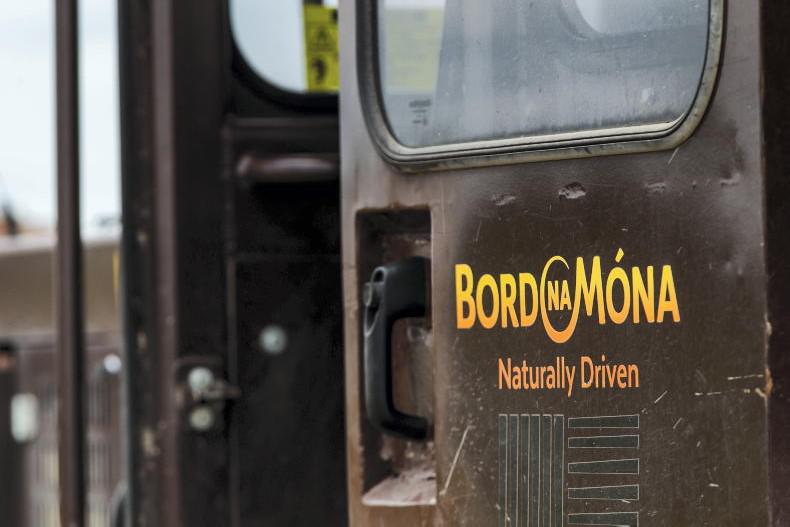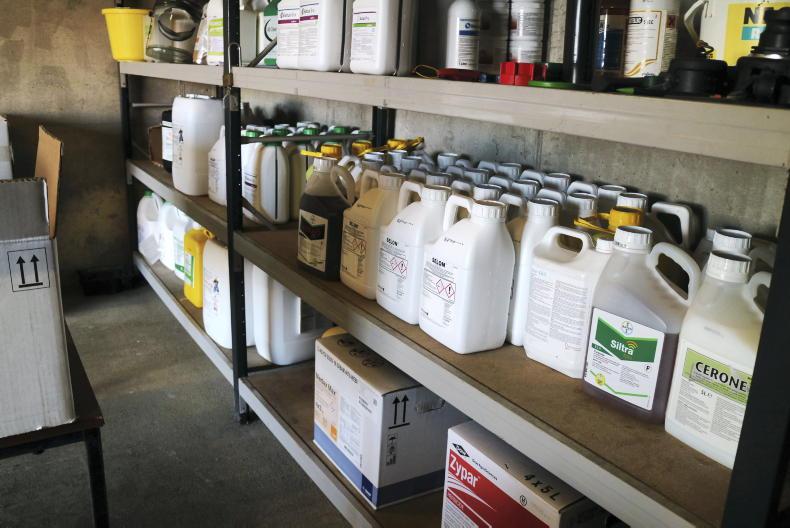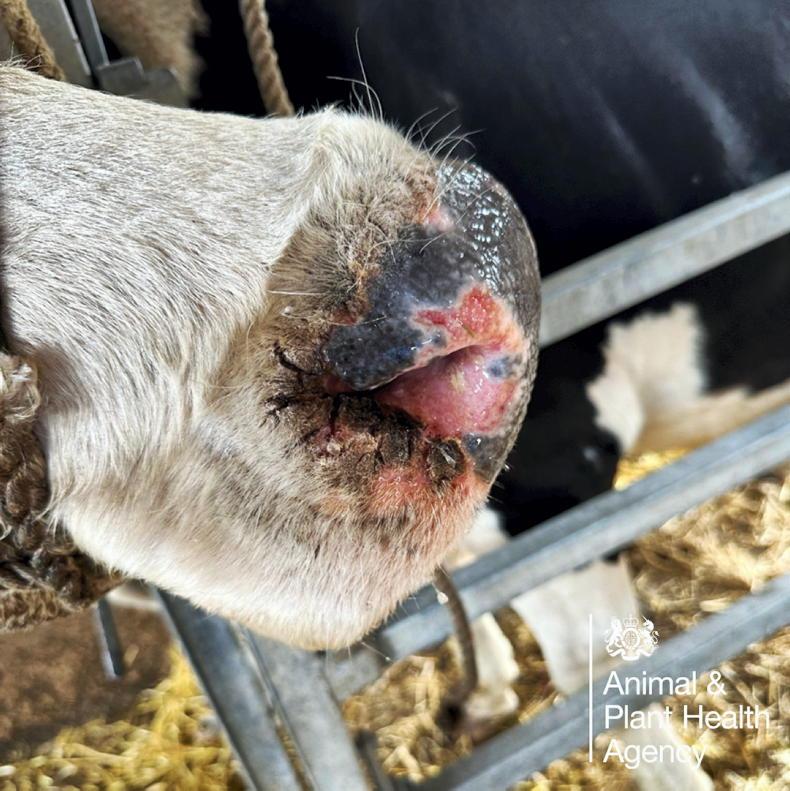DEAR SIR:
Regarding your recent front page article on incorporation in the veterinary profession, I would like to allay any fears among farmers.
Incorporation is well established in the healthcare sector, including optometrists, dentists and pharmacists. Many of the top private hospitals in Dublin are owned by corporates and run very efficiently.
Over the past number of years, nearly 170 veterinary practices have either fully or partially incorporated, including the companion animal hospital in the UCD veterinary department.
For this reason, a number of vets had asked for clarification on this from the Veterinary Council. After getting legal opinion, the Council has now clarified its position which is that there is no block on incorporation. There has been no change in the law.
The Competition Authority report on the veterinary profession in 2008 was strongly in favour of full incorporation of veterinary services. Their view was that through increased efficiencies, investment and competition, a better service could be provided. To obstruct incorporation is protectionism.
The demographics of the veterinary profession are changing, with a much higher female representation. There is a generation of new vets who do not want to make the huge lifetime financial commitment of purchasing into established practices. This leaves an aging population of vets unable to sell their businesses and with no option but to keep working into old age. This stagnates the industry. Incorporation offers investment opportunities.
It is true that the provision of adequate veterinary cover to more remote rural areas is problematical due to the difficulties in making an adequate living in these areas. This is happening irrespective of incorporation and is a difficult problem to solve. It may need some other form of subsidisation.
In fact, incorporation may provide some help in encouraging single person practices to come together under a corporate structure providing more efficient cover including emergencies. The experience of incorporation in the UK has been very good and not as reported. I would encourage you to look up CVS website and read about their ethos and expertise including in farm animal practice.
Read more
Outside investment could improve vet services to farmers
Letter – Young vets 'hung out to dry'
Red tape – vets also tormented
Vets considering legal action over ownership changes
‘Some vets would gladly be taken over’
How corporate vet bodies work
Multinational chains seeking to buy vet practices
Rule change pitches vets against vets
DEAR SIR:
Regarding your recent front page article on incorporation in the veterinary profession, I would like to allay any fears among farmers.
Incorporation is well established in the healthcare sector, including optometrists, dentists and pharmacists. Many of the top private hospitals in Dublin are owned by corporates and run very efficiently.
Over the past number of years, nearly 170 veterinary practices have either fully or partially incorporated, including the companion animal hospital in the UCD veterinary department.
For this reason, a number of vets had asked for clarification on this from the Veterinary Council. After getting legal opinion, the Council has now clarified its position which is that there is no block on incorporation. There has been no change in the law.
The Competition Authority report on the veterinary profession in 2008 was strongly in favour of full incorporation of veterinary services. Their view was that through increased efficiencies, investment and competition, a better service could be provided. To obstruct incorporation is protectionism.
The demographics of the veterinary profession are changing, with a much higher female representation. There is a generation of new vets who do not want to make the huge lifetime financial commitment of purchasing into established practices. This leaves an aging population of vets unable to sell their businesses and with no option but to keep working into old age. This stagnates the industry. Incorporation offers investment opportunities.
It is true that the provision of adequate veterinary cover to more remote rural areas is problematical due to the difficulties in making an adequate living in these areas. This is happening irrespective of incorporation and is a difficult problem to solve. It may need some other form of subsidisation.
In fact, incorporation may provide some help in encouraging single person practices to come together under a corporate structure providing more efficient cover including emergencies. The experience of incorporation in the UK has been very good and not as reported. I would encourage you to look up CVS website and read about their ethos and expertise including in farm animal practice.
Read more
Outside investment could improve vet services to farmers
Letter – Young vets 'hung out to dry'
Red tape – vets also tormented
Vets considering legal action over ownership changes
‘Some vets would gladly be taken over’
How corporate vet bodies work
Multinational chains seeking to buy vet practices
Rule change pitches vets against vets










SHARING OPTIONS